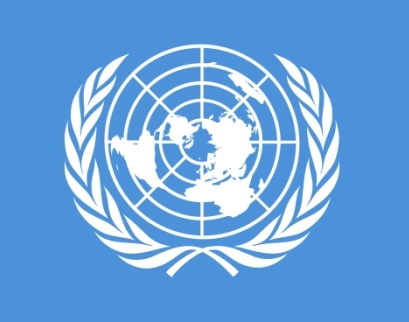Monsignor Ivan Jukovic, Permanent Observer of the Holy See to the United Nations, addressed the Intergovernmental Committee on Intellectual Property and Genetic Resources, Traditional Knowledge and Folklore (IGC) in Geneva on 21 March 2018. He emphasised that the United Nations’ Declaration on Human Cloning “insists that States adopt all necessary measures to adequately protect human life when applying the life sciences”.
On the subject of human life, Monsignor Jukovic recalled Article 4 of the Universal Declaration on the Human Genome and Human Rights, which states that: “The human genome in its natural state must not generate financial gains[1]“, and Article 21 of the Council of Europe Convention for the Protection of Human Rights and the Dignity of Human Beings, regarding the application of biology and medicine, which states that “the human body and its parts must not, as such, give rise to financial gain”[2].
“The United Nations Declaration on Human Cloning recognises the fact that some rapidly developing life sciences applications may raise ethical concerns with regard to human dignity, human rights and the fundamental freedom of individuals”, he explains, and we must not “ignore the major economic, environmental and ethical concerns about patenting life, as such action would have a negative impact on consumers’ rights, the preservation of biodiversity, environmental protection, indigenous rights, scientific and academic freedom and, ultimately, the economic development of many developing countries as it depends on new technologies”.
He demanded that “no patent be granted on life forms, including human life” .
[1] United Nations, A / 53/152 dated 9 December 1998; United Nations Educational Scientific and Cultural Organization (UNESCO), General Assembly proceedings, 29th session , Paris, 21 October-12 November 1997, Resolution 6.
[2] Council of Europe, ETS No. 164, Oviedo, 4 April 1967
Zenit (22/03/2018)

